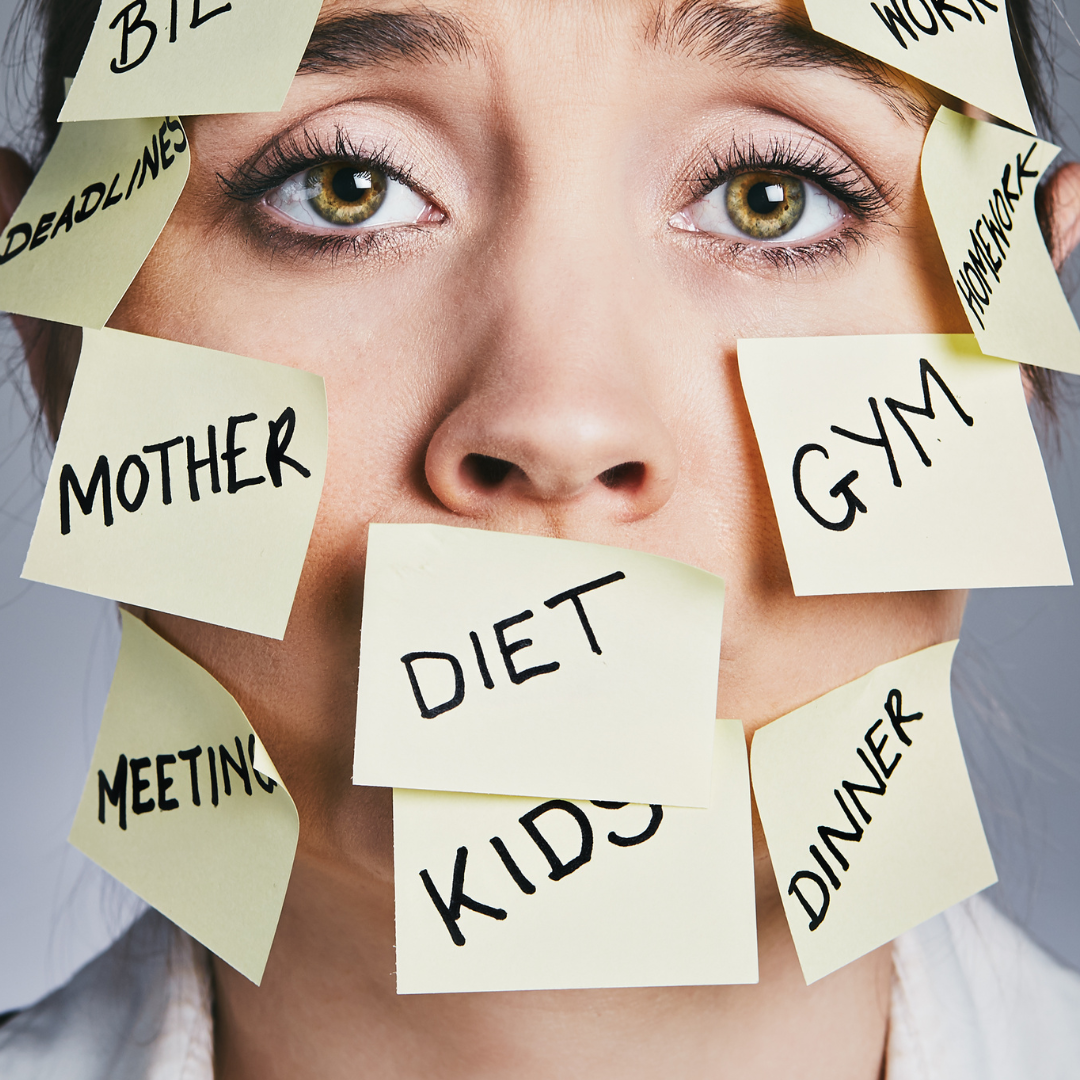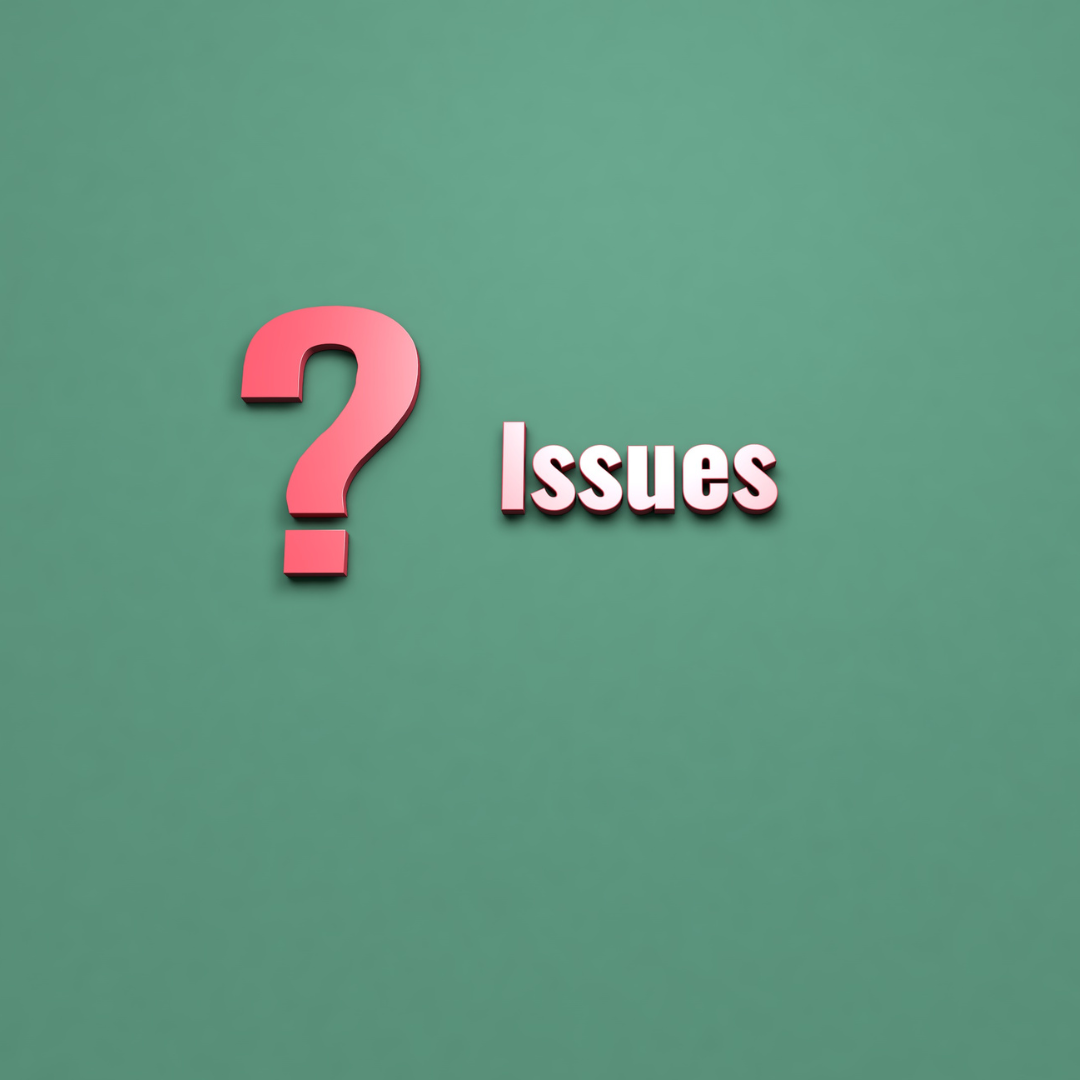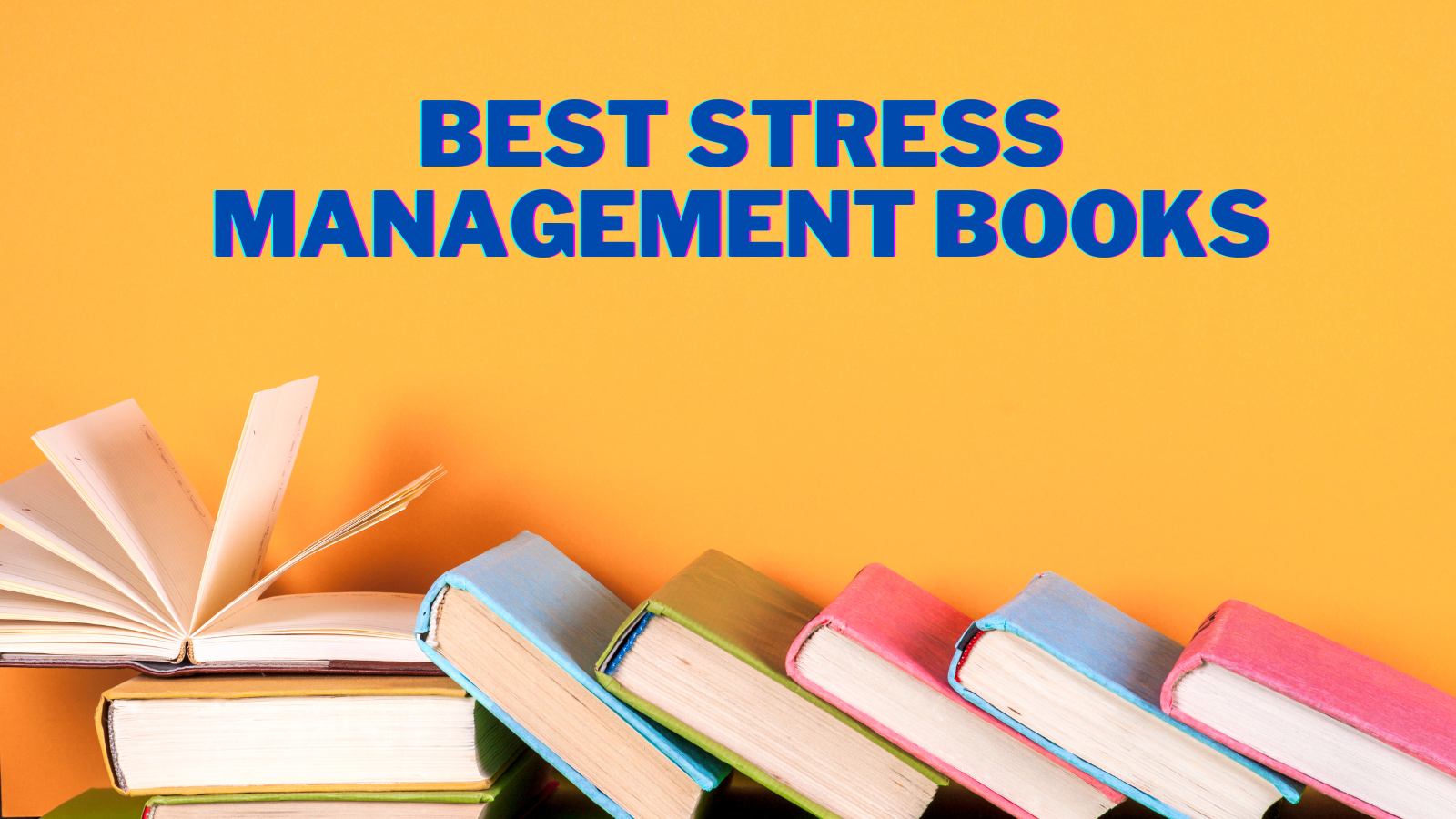Best Stress Management Books
Best Stress Management Books
Stress is an inevitable part of life, and managing it effectively can be a challenge for many people.
Whether it's work-related stress, relationship stress, or stress caused by a major life change, it's essential to have effective stress management techniques to avoid the negative effects of stress on our mental and physical health.
Thankfully, there are numerous books available that can help individuals learn how to manage stress more effectively.
These books provide valuable insights and practical techniques to help reduce stress levels and promote overall well-being.
This article will introduce some of the best stress management books available. From “The Relaxation Response” by Herbert Benson to “How to Stop Worrying and Start Living” by Dale Carnegie, these books provide a wealth of information on managing stress and improving your quality of life.
So, if you want to learn new stress management techniques or need extra help managing your stress levels, keep reading to discover some of the best stress management books.

How Stress Management Books Help Us Manage Stress
Stress has become a regular part of life in today's fast-paced world. To avoid the negative consequences of stress on our mental and physical health, whether it's stress brought on by a major life transition, relationship conflict, or work-related stress, it's imperative to have effective stress management skills.
Books about stress management can be useful for assisting people in managing and reducing their stress levels.
These books offer insightful advice and useful methods that can be used to lower stress levels and improve general well-being.
Stress management books can be an effective tool to help individuals manage and reduce stress levels. Here are some of how these books can help:

1. Understanding The Science Of Stress
Many stress management books provide a scientific understanding of stress, including how it affects the body and mind.
By understanding stress's physiological and psychological mechanisms, individuals can learn how to identify its symptoms and develop strategies to manage it effectively.

2. Teaching Coping Mechanisms
Stress management books often provide practical strategies and coping mechanisms individuals can use to manage stress.
These may include techniques such as meditation, deep breathing, visualization, or cognitive-behavioural therapy (CBT).
By learning these techniques, individuals can develop a toolkit of effective stress management strategies that they can use when stress levels rise.

3. Promoting Self-Care
Stress management books often emphasize the importance of self-care and its role in stress management.
This includes taking care of oneself physically, mentally, and emotionally, including getting enough sleep, eating a healthy diet, and engaging in regular exercise.
By prioritizing self-care, individuals can build resilience and better manage stress daily.

4. Encouraging Mindfulness
Many stress management books promote the practice of mindfulness, which involves being present in the moment and paying attention to one's thoughts, feelings, and surroundings.
Individuals can learn to release stress-inducing thoughts and emotions by cultivating mindfulness and developing inner peace and calm.

5. Encouraging Positive Thinking
Stress management books may also focus on cultivating positive thinking to manage stress. This involves adopting a positive mindset and developing a more optimistic outlook.
By focusing on positive thoughts and experiences, individuals can reduce the impact of negative stressors and improve their mental and emotional resilience.

6. Promoting Time Management
Many stressors are related to time management, such as deadlines at work or feeling overwhelmed with responsibilities.
Stress management books provide practical tips for managing time more effectively, such as prioritizing tasks, delegating responsibilities, and setting realistic goals.
Individuals can reduce stress levels and increase productivity by managing time more effectively.

7. Providing Support
Reading stress management books can also provide support and reassurance for struggling individuals.
These books often offer personal anecdotes and stories of people who have successfully managed their stress levels, offering inspiration and motivation for readers.
This sense of community can help individuals feel less alone in their struggles and more confident in managing stress.

8. Identifying Triggers
Stress management books can help individuals identify their stress triggers, including specific situations, people, or thoughts.
By understanding what triggers their stress, individuals can develop strategies to avoid or manage those triggers when they arise.

9. Addressing Underlying Issues
Sometimes, stress is a symptom of underlying emotional or psychological issues such as anxiety or depression.
Stress management books may guide how to address these issues, such as seeking professional help or practicing self-care techniques that target the root cause of the stress.

10. Providing Perspective
Stress management books can provide a broader perspective on stress and its impact. This can help individuals see their stress in a larger context and recognize that it is a natural part of life.
By reframing stress as a challenge to overcome rather than an insurmountable obstacle, individuals can build resilience and develop a more positive outlook on life.
In summary, stress management books provide a range of tools and techniques to help individuals manage stress more effectively.
From practical coping mechanisms to promoting self-care and mindfulness, these books offer a comprehensive approach to managing stress and improving overall well-being.

Best Stress Management Books
Stress management books provide a range of tools and techniques for managing stress effectively.
By understanding the science of stress, learning coping mechanisms, promoting self-care, encouraging mindfulness and positive thinking, and providing support, these books can help individuals develop a comprehensive approach to managing stress and improving their overall well-being.
Here are some of the best stress management books:
1. “The Power of Now” by Eckhart Tolle
“The Power of Now” by Eckhart Tolle is a highly influential book that has helped many people find inner peace and reduce stress.
The book emphasizes the importance of living in the present moment rather than dwelling on the past or worrying about the future.
Tolle argues that we can let go of negative thoughts and emotions contributing to stress and anxiety by focusing on the present moment.
Tolle provides practical advice and techniques for becoming more present and mindful throughout the book.
He emphasizes the importance of paying attention to the sensations in our bodies to connect with the present moment.
Tolle also discusses the importance of letting go of negative thoughts and emotions and cultivating inner peace and acceptance.
One of the key techniques Tolle offers is the practice of “witnessing consciousness.” This involves observing your thoughts and emotions rather than getting caught up.
By observing your thoughts and feelings without judgment, you can learn to let them go and experience inner peace.
Overall, “The Power of Now” offers a practical and accessible mindfulness and stress reduction approach. Tolle's insights and techniques can help readers develop inner peace and reduce stress daily.
2. “Full Catastrophe Living” by Jon Kabat-Zinn
“Full Catastrophe Living” is a thorough introduction to Jon Kabat-Zinn's mindfulness-based stress reduction (MBSR) method, created to help people cope with stress, suffering, and sickness.
The book provides practical tips and exercises for practicing MBSR daily, including meditation, gentle yoga, and other mindfulness practices.
Kabat-Zinn emphasizes the importance of cultivating a non-judgmental awareness of the present moment to reduce stress and improve overall well-being.
He also discusses the importance of developing a sense of acceptance and compassion towards oneself rather than getting caught up in negative thoughts and emotions.
Throughout the book, Kabat-Zinn provides practical advice and techniques for incorporating mindfulness practices into daily life.
He discusses the benefits of mindfulness for reducing stress, managing chronic pain, and improving overall health and well-being.
The book includes guided meditations, gentle yoga exercises, and tips for practicing mindfulness in daily activities such as eating and walking.
One of the key concepts in MBSR is the idea of the “full catastrophe,” which refers to the ups and downs of life that we all experience.
Kabat-Zinn argues that by embracing the full catastrophe of life with awareness and compassion, we can reduce stress levels and cultivate a greater sense of well-being.
3. “The Relaxation Response” by Herbert Benson
“The Relaxation Response” by Herbert Benson is a classic book that explores the science behind stress and provides practical techniques for inducing deep relaxation in the body.
Benson argues that stress is a major contributor to many health problems, including heart disease, high blood pressure, and depression.
He also contends that the body has a natural response to stress that can be activated through relaxation techniques.
The relaxation response is a state of deep relaxation that can be induced through various techniques, such as deep breathing, progressive muscle relaxation, and visualization.
Benson provides step-by-step instructions for practicing these techniques and explains how they can help reduce stress levels and promote overall well-being.
Throughout the book, Benson emphasizes the importance of relaxation to combat the negative effects of stress.
He provides practical tips and advice for incorporating relaxation techniques into daily life. He explains how these techniques can improve sleep, reduce anxiety, and enhance overall health and well-being.
One of the book's fundamental findings is that everyone can activate the relaxation response with relaxation techniques regardless of their skill level.
Benson says even a little deep breathing or gradual muscle relaxation can significantly affect stress levels and general well-being.
4. “The 7 Habits of Highly Effective People” by Stephen Covey
“The 7 Habits of Highly Effective People” by Stephen Covey is a self-help classic that offers valuable insights into how to live a more effective and fulfilling life.
While not solely focused on stress management, the principles and habits discussed in the book can help reduce stress levels and promote overall well-being.
Covey argues that highly effective people share seven common habits: being proactive, beginning with the end in mind, putting first things first, thinking win-win, seeking first to understand, then to be understood, synergizing, and sharpening the saw.
These habits help individuals become more self-aware, take responsibility for their actions, and prioritize important tasks.
Covey contends that individuals can reduce stress levels and improve overall well-being by developing these habits.
For example, prioritizing important tasks and thinking win-win can help reduce feeling overwhelmed and anxious, while seeking to understand others can promote better communication and reduce conflict.
One of the key insights in the book is the idea that individuals have the power to control their own lives and that by focusing on their actions and attitudes, they can create positive change in their lives and the lives of those around them.
Covey emphasizes responsibility for happiness and success rather than blaming external circumstances or others.
5. “The Upside of Stress” by Kelly McGonigal
“The Upside of Stress” by Kelly McGonigal challenges the traditional belief that stress is always harmful and offers a new perspective on how stress can be beneficial if managed effectively.
In this book, McGonigal draws on psychology, neuroscience, and biology research to explain how stress can catalyze growth and development.
McGonigal argues that stress can motivate individuals to achieve their goals and improve their well-being.
She provides scientific insights into how stress affects the body and mind and offers practical techniques for managing stress effectively.
One of the key insights in the book is the idea that stress can be a positive force for change and help individuals develop resilience.
Throughout the book, McGonigal provides practical stress management exercises, including mindfulness, exercise, and social support.
She shows readers how to change their mindset and response to stress and provides strategies for cultivating a positive attitude.
“The Upside of Stress” is a valuable resource for anyone looking to improve their stress management skills and achieve their goals.
McGonigal's insights and techniques offer a fresh perspective on stress and provide practical tools for harnessing its positive aspects.
Whether readers struggle with work-related stress, relationship issues, or other challenges, this book can help them manage stress effectively and cultivate a positive attitude toward life's challenges.
6. “When Things Fall Apart” by Pema Chödrön
“When Things Fall Apart” by Pema Chödrön is a powerful book that guides people in coping with difficult life events and finding inner peace during chaos and uncertainty.
Drawing on her experiences and teachings from the Buddhist tradition, Chödrön offers insights into how to deal with difficult emotions and overcome obstacles.
The book emphasizes the importance of self-awareness and compassion to reduce stress and build resilience.
Chödrön shows readers how to develop a greater sense of mindfulness and awareness, which can help them respond to difficult situations more calmly and groundedly.
Throughout the book, Chödrön provides practical techniques for cultivating mindfulness and compassion, such as meditation and breathing exercises.
She also shares personal stories and anecdotes that help to illustrate her teachings and make them more accessible.
“When Things Fall Apart” is a valuable resource for anyone dealing with stress or difficult life events.
Chödrön's teachings offer a compassionate and practical approach to coping with life's challenges and finding inner peace.
The book can help readers develop a greater sense of mindfulness and awareness, which can help them build resilience and manage stress more effectively.
7. “The Mindful Way Through Depression” by Mark Williams, John Teasdale, Zindel Segal, and Jon Kabat-Zinn
“The Mindful Way Through Depression” by Mark Williams, John Teasdale, Zindel Segal, and Jon Kabat-Zinn is a highly regarded book that offers a mindfulness-based approach to treating depression and reducing stress.
The authors draw on extensive research to demonstrate the effectiveness of mindfulness-based cognitive therapy (MBCT) in reducing the likelihood of relapse in depression.
The book provides practical exercises and techniques for cultivating mindfulness and self-compassion, including guided meditations and cognitive exercises.
The authors also offer insights into the nature of depression and the role that negative thinking patterns play in perpetuating the condition.
The book teaches readers how to become more aware of their thoughts and emotions and respond to them more adaptively by cultivating mindfulness.
This can help reduce stress levels and increase resilience, important factors in managing depression.
8. “The Art of Possibility” by Rosamund Stone Zander and Benjamin Zander
“The Art of Possibility” by Rosamund Stone Zander and Benjamin Zander is a book that offers a unique perspective on how to approach life with a positive and creative mindset, which can help reduce stress and increase overall well-being.
The authors believe that people often limit themselves by seeing the world through a narrow lens, and they offer practical exercises and techniques for reframing challenges and cultivating a sense of possibility.
The book is divided into twelve chapters, each of which presents a different concept related to the art of possibility, such as
- “It's All Invented,” which encourages readers to recognize that much of what they perceive as reality is a product of their imagination and
- “Giving an A” encourages readers to approach themselves and others with a sense of possibility and unconditional acceptance.
Throughout the book, the authors provide practical examples and exercises to help readers apply these concepts to their lives, such as identifying limiting beliefs and reframing them more positively.

Conclusion
Stress management books can be a valuable resource for anyone looking to reduce stress and improve their overall well-being.
These books offer a range of strategies for managing stress and building resilience, from mindfulness-based practices to cognitive-behavioural techniques.
By reading and applying the insights and techniques presented in these books, individuals can better understand their stress triggers and develop the skills necessary to cope more effectively.
I trust you enjoyed this article about the Best Stress Management Books. Please stay tuned for more blog posts to come shortly. Take care!
JeannetteZ
>>>Please click here to read my all-inclusive article about Lessons That Will Teach You All About Stress<<<
>>>Are you interested in Natural Healing And Stress Relief through Herbs? Please click here for my #1 Recommendation<<<
Your Opinion Is Important To Me
Thoughts? Ideas? Questions? I would love to hear from you. Please leave me your questions, experience, and remarks about this article on the Best Stress Management Books in the comments section below. You can also reach me by email at Jeannette@Close-To-Nature.org.
Disclosure
This post may contain affiliate links. I earn from qualifying purchases as an Amazon Associate and other affiliate programs. Please read my full affiliate disclosure.
You might also enjoy these blog posts:
How To Reduce Stress With Yoga
Best Relaxing Vacations For Couples
Best Vacations For Relieving Stress
Stress vs Strain In The Human Body












